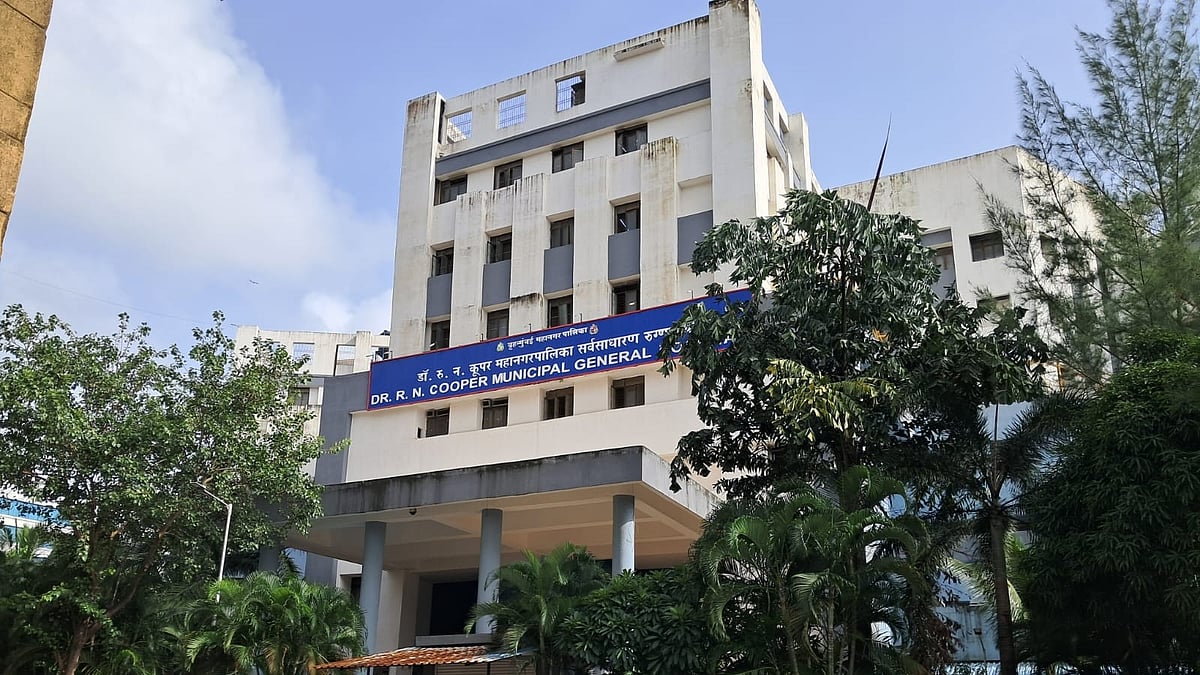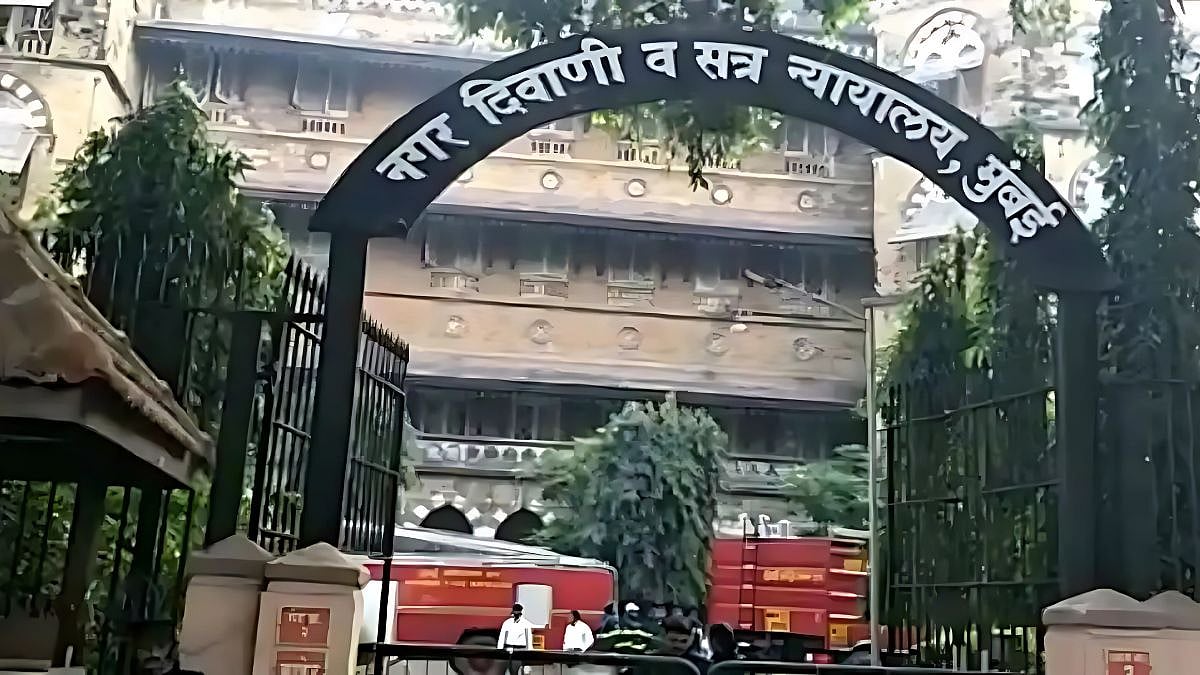Students pursuing short-term vocational courses such as Diploma in Medical Laboratory Technology (DMLT), web developer and typist in Maharashtra can now easily work outside the state, and even abroad.
This is because the National Council for Vocational Education and Training (NCVET), the apex body for vocational education, has recently recognised the Maharashtra State Board of Skill, Vocational Education and Training (MSBSVET) as an awarding and assessment body, bringing the state’s vocational courses under the National Skill Qualification Framework (NSQF). Around 65,000 students currently enrolled in more than 1,400 vocational training institutes (VTIs) across the state will benefit from this decision.
Instituted in 2013 by the Centre, NSQF is a competency-based framework that organises all vocational qualifications according to a series of levels of knowledge, skills and aptitude. These levels, graded from 1 to 10, are defined in terms of learning outcomes that the trainee must possess through a formal or informal learning process. The framework allows students to move across vocational, general and technical education streams.
With NCVET recognition in place, the state board will be able to define and categorise its courses according to NSQF standards. It will also be able to set equivalencies with general and vocational programmes across the country, allowing Maharashtra students to pursue higher education in institutes across the country.
“Earlier, trainees from Maharashtra would find it difficult to find jobs in other states or outside the country. With our courses brought under the ambit of NSQF, the students will find better job opportunities and will also be able to avail various schemes of the central government,” said a board official.
The board regulates as many as 365 certificate and diploma skill development programmes across 38 sectors including healthcare, information technology, media and entertainment, tourism and hospitality, textile and power. The duration of these courses ranges anywhere between 30 hours to two years. While most of these courses are offered after class 10 or 12, some programmes cater to those with basic literacy.







